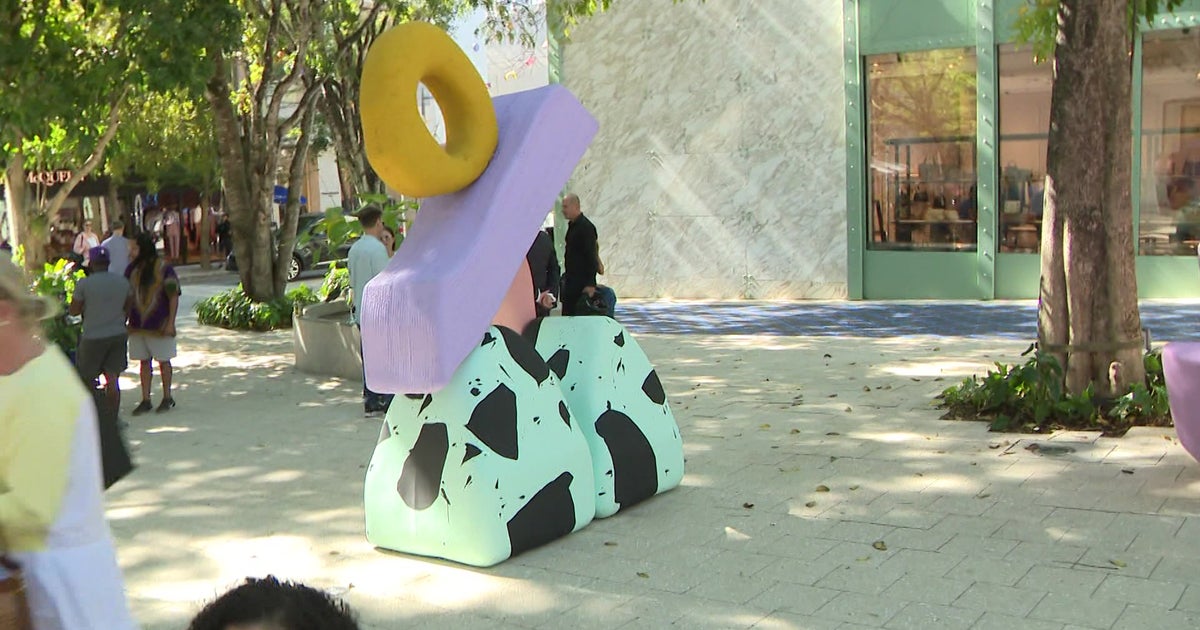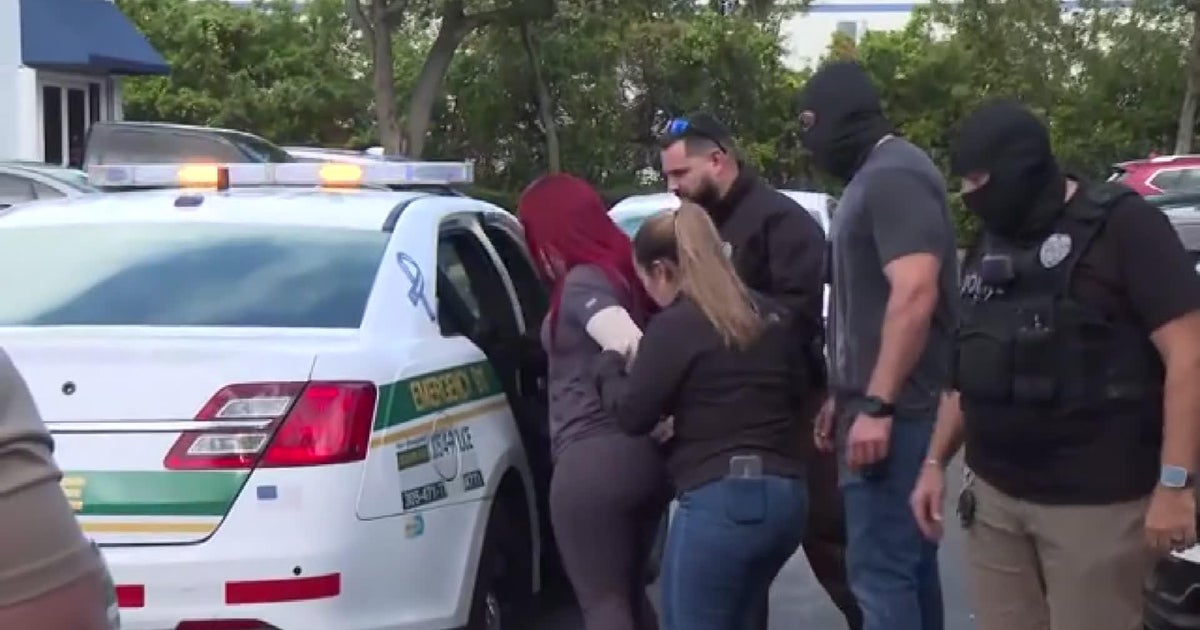Tyreek Hill incident sparks concerns about Florida's new law impacting civilian police oversight
MIAMI - Tyreek Hill's confrontation with police has led to renewed calls for civilian oversight groups that face extinction in Florida.
A new state law prevents city and county governments from granting civilian panels power to investigate police conduct.
Miami-Dade County's Independent Civilian Panel shut down in July.
The City of Miami's Civilian Investigative Panel (CIP) filed pending litigation seeking an injunction to continue operations. For now, the group can still audit closed internal affairs cases, publicize findings and offer recommended action for police.
However, Miami's CIP cannot receive, transmit or investigate complaints alleging officer misconduct. A judge will rule on the injunction next Friday.
"There's a lot at stake for sure," said Rodney Jacobs, executive director of the Miami Civilian Investigative Panel.
The release of body camera video of Tyreek Hill's traffic stop reinforces Jacobs' feelings about the role of civilians in such investigations.
"We have to say we can do better," Jacobs said. "I can't tell you the number of times that people have cried in our office that say, 'I've been a victim of police misconduct. Will someone please just listen to me? Will someone just talk to me?'"
The lawyer and former Army intelligence officer said the group works to build trust between police and the community while improving transparency.
Miami's CIP dates back to the 80s when city leaders allowed civilians to be involved in police conduct investigations after the deadly McDuffie riots. Forty-four years later, the group is nearing its end.
"Without it, I think we're taking 10 steps back," Jacobs added.
Hill's traffic stop by county police, and the force used, concerned county authorities enough to release the bodycam video hours later. They also moved one of the officers involved, Danny Torres, to desk duty.
His lawyer wants Torres immediately reinstated. Hill called for authorities to fire Torres.
"I'm like, damn, is this really happening?" Hill said while recounting his experience during a press conference Wednesday. "I don't know. (I was) chocked, pinched, kicked all that man."
Meanwhile, Daniella Pierre, president of the NAACP Miami-Dade County Branch, called for civilian investigators to be involved in such cases to be able to share findings.
"We continue to push for an independent review panel so that people can address such allegations," Pierre said.
Lawmakers, though, insist the new law brings uniformity to police conduct investigations. In January, former Miami Police Chief Jorge Colina told CBS News Miami the law will make it easier to identify bad behavior.
"But I think there's a place for the panels," Colina said on Jan. 5. "It just depends on the city, the agency and the time."
Jacobs has less than two weeks left in his position. He wrote an op-ed piece pleading for others to help sway city leaders. Jacob's job is on the line, but he thinks the community stands to lose more.
"Show up to city hall and say, 'We need this,'" Jacobs said. "'We want this. Please don't let it go away.'"




